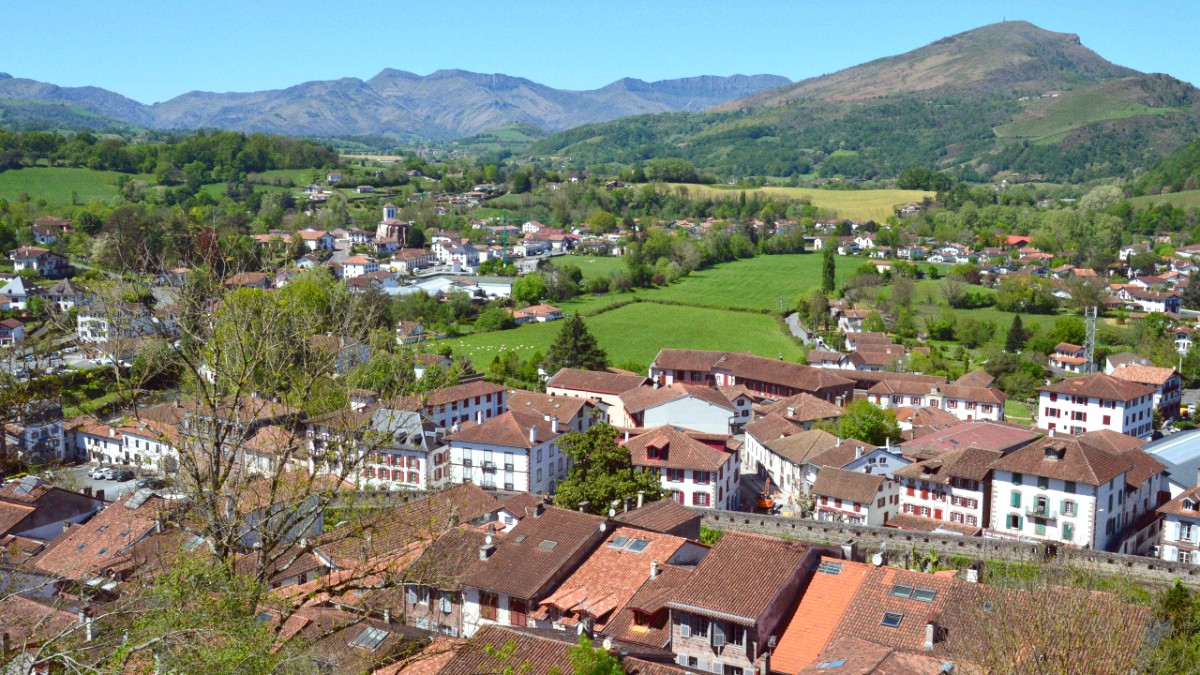
France
The region enjoys a temperate oceanic climate, which brings mild conditions year-round, but also consistent rainfall.
Temperatures gradually rise in spring, ranging from cool to pleasant. Summer brings the warmest conditions, ideal for beaches. Autumn maintains mild temperatures with beautiful colors. Winter is mild for the season but sees the highest rainfall.
Each period has its distinct advantages and considerations.
High season brings peak weather and events, but also larger crowds and higher prices. Shoulder seasons offer a balance of good weather and fewer crowds. Low season presents an authentic local experience with lower costs, though some tourist businesses may close.
July - August
Warmest weather, ideal for beaches. Numerous festivals and events, including Fêtes de Bayonne. Bustling holiday atmosphere.
Highest crowds, busy attractions, peak prices for accommodation and flights. Traffic can be heavy.
May - June, Sep - Oct
Pleasant temperatures, fewer crowds, lower prices. Ideal for hiking, cycling, cultural exploration. Sea warm in September.
Weather can be less predictable, more rain possible. Some seasonal businesses may have reduced hours or close.
November - April
Fewest crowds, lowest prices. Authentic local experience. Powerful swells for experienced surfers.
Colder temperatures, higher chance of rain. Many tourist businesses may close. Limited beach activities. Shorter daylight.
The French Basque Country's location on the Atlantic coast brings maritime influences. This results in relatively consistent rainfall throughout the year, even during summer months, where brief showers or thunderstorms can occur. Travelers should prepare for this by bringing a Lightweight waterproof jacket or a Compact umbrella. Coastal winds can also feel strong, especially in autumn and winter, which can alter comfort during outdoor activities. Always consult local weather forecasts before heading out.
June to September for swimming. September for surfing (warm water, fewer crowds).
May, June, September, and October offer comfortable conditions for trails.
July-August (Fêtes de Bayonne). Bookings far in advance are suggested.
Shoulder seasons (May-June, Sep-Oct) bring pleasant weather, fewer crowds.
Travelers to the French Basque Country comply with French and Schengen Area entry regulations. France is a member of the Schengen Area, meaning that once you enter any Schengen country, you travel freely between member states without further border checks.
Many countries enjoy visa-free entry for short stays (up to 90 days in any 180-day period). For these citizens, a valid passport is the main entry requirement. Other nationalities require a Schengen Visa.
Your passport must be valid for at least three months beyond your planned departure date from the Schengen Area. It should also carry an issue date within the last 10 years and contain at least two blank pages for stamps.
The French Basque Country provides options for various budgets, from frugal travelers to those seeking luxury. The Euro (€) serves as the currency. Major credit cards (Visa, Mastercard) enjoy wide acceptance.
| Category | Budget Traveler | Mid-Range Traveler |
|---|---|---|
| Accommodation | €20-€35 (hostel dorm) | €70-€120 (2-3 star hotel/B&B) |
| Meals | €15-€25 (self-catering/bakery) | €40-€70 (mix of casual/bistro) |
| Transportation | €5-€10 (public buses/walking) | €10-€25 (public transport/occasional taxi) |
France maintains high standards of public health and safety.
Ensure MMR, DTaP, Polio, Chickenpox, and annual Flu shots are current.
4-6 weeks before travel, discuss Hepatitis A/B, Rabies, Typhoid based on activities.
Practice frequent hand washing or use Hand sanitizer to prevent foodborne illness.
Prevention is for a healthy trip.
Sunburn: Use High-SPF sunscreen, Wide-brimmed hat, and Sunglasses. Seek shade during peak sun hours. Dehydration: Stay hydrated, carry a Reusable water bottle. Minor Cuts/Scrapes: Carry a basic First aid kit with Band-aids. Insect Bites: Use Insect repellent, especially at dusk.
Tap water is safe to drink throughout the region.
France boasts an excellent public healthcare system. Hospitals and clinics provide high-quality medical care.
EU/EEA/Switzerland citizens carry their EHIC for reduced-cost or free state-provided healthcare.
Identified by a green cross, pharmacies are widely available for minor ailments and over-the-counter medications.
The French Basque Country typically counts as a safe destination with low crime rates. Petty crime, like pickpocketing, can occur in crowded places like busy markets, popular beaches, and during major festivals.
While generally safe, awareness of natural hazards enhances safety. Travel insurance remains strongly recommended for all visitors.
Possible during heavy rainfall, specifically in river valleys. Heed local weather warnings.
Risk increases in hot, dry summer months. Respect fire bans and regulations in wooded areas.
Atlantic coast known for strong currents and large waves. Swim at supervised beaches and note warning flags.